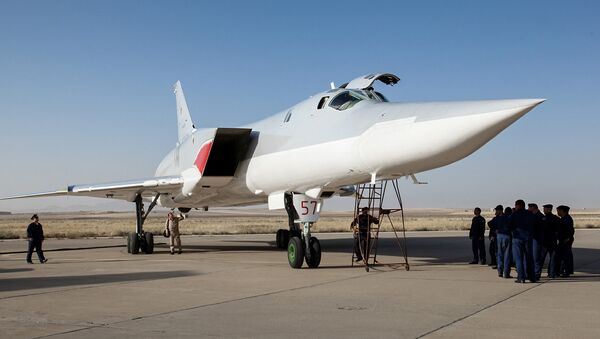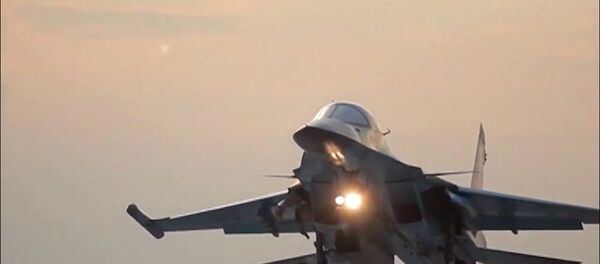"Article 146 of the Iranian Constitution explicitly forbids foreign countries from establishing military bases on Iranian territory even for peaceful purposes. No one in the Iranian administration could violate the constitution. The real issue is the access to the bases. I think that the "case-by-case" phrase is an opportunity to bargain with Russia in the future. Russia and Iran are clearly on the same side when it comes to the Syrian conflict. But there are certain pitfalls. Zarif's statement on bases is a trial balloon which Tehran has launched toward Russia," the analyst said.
Zarif's comments were made while Iran's top diplomat was in Moscow as part of a delegation headed by President Hassan Rouhani. The official visit, which saw Rouhani meet with Russian President Vladimir Putin, was held on March 27-28.
Sazhin, a senior researcher at the Institute of Oriental Studies of the Russian Academy of Sciences, pointed out that Iran's decision "caused discontent" in Washington and Tel Aviv, adding that it could also create additional challenges for Russia.
"Moscow has found itself in a complicated situation. Iran has been criticized by Israel, Saudi Arabia and other countries in the region. Iran's relations with Turkey are far from being cordial. At the same time, Russia's ties with these countries are warm. This is why Moscow will have to carry out a complex political and diplomatic strategy in order to consolidate its gains and foster closer relations with Iran, but also block any attempts to ruin our relations with other countries in the Middle East," he said.
Never miss a story again — sign up to our Telegram channel and we'll keep you up to speed!




